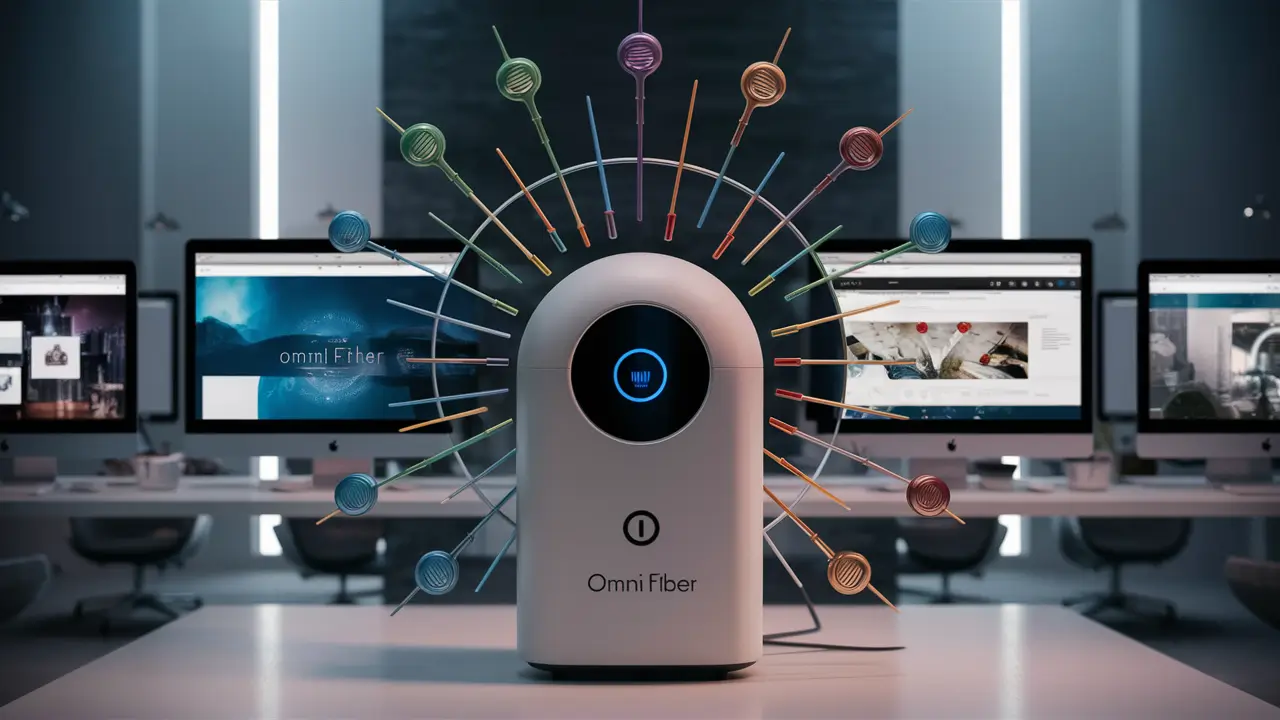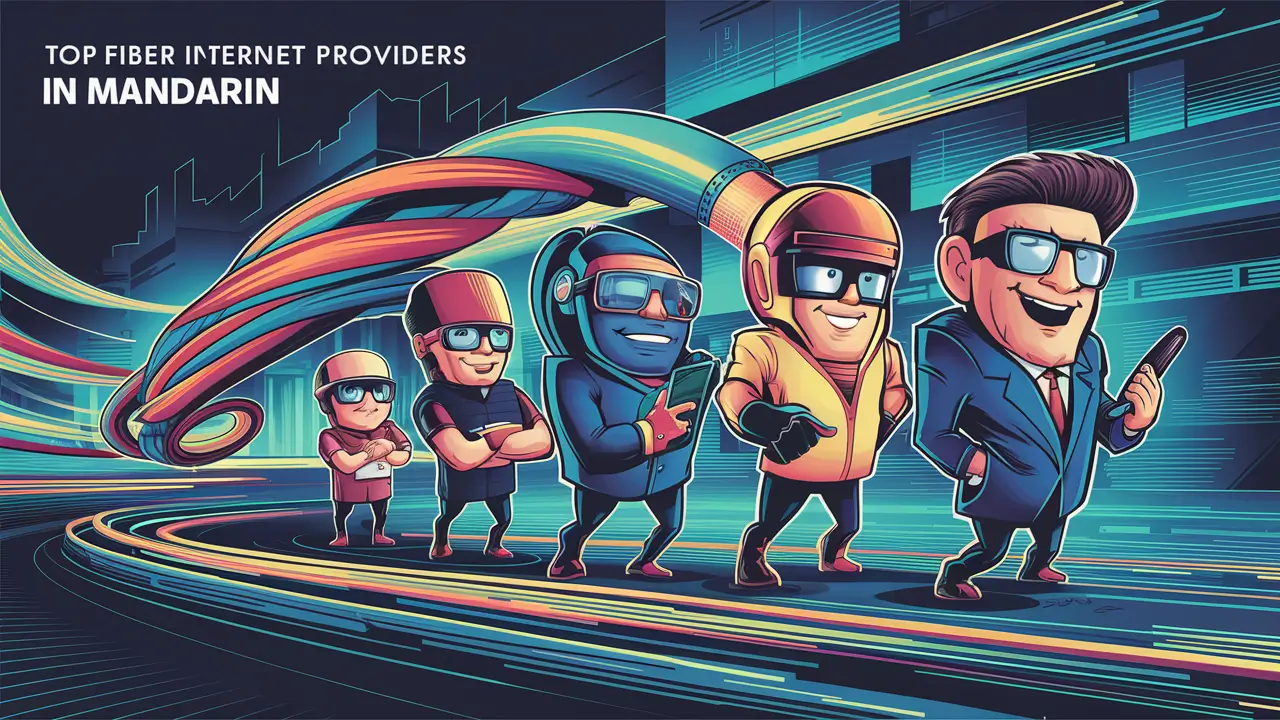
In today's digital age, the terms "Internet" and "Wi-Fi" are often used interchangeably, but they serve distinct purposes. Understanding the differences between them is crucial for everyday users. In this detailed comparison, we'll delve into the world of the Internet and Wi-Fi, shedding light on their functions, advantages, and practical applications.
What Is the Internet?
The Internet is a global network of interconnected computers and servers that allows the exchange of data and information worldwide. It's the backbone of modern communication, enabling us to access websites, send emails, stream videos, and much more.
Internet at a Glance
The Internet is a vast network of networks, connecting billions of devices worldwide. It relies on a combination of wired and wireless technologies for data transmission. It's accessed through Internet Service Providers (ISPs), offering various connection types, such as broadband, DSL, and fiber-optic.
What Is Wi-Fi?
Wi-Fi, short for "Wireless Fidelity," is a wireless networking technology that allows devices to connect to the Internet without the need for physical cables. It's commonly used in homes, businesses, and public places.
Wi-Fi Essentials
Wi-Fi is a local area network (LAN) technology that provides wireless access within a limited range. It's typically installed through routers, which create Wi-Fi hotspots for device connectivity. Wi-Fi offers convenience and flexibility, enabling multiple devices to connect simultaneously.
Internet vs. Wi-Fi: A Clear Comparison for Everyday Users
Let's explore the key distinctions between Internet and Wi-Fi to help you make informed decisions about your connectivity needs.
Availability
- Internet: Available through ISPs, offering a variety of plans and coverage options.
- Wi-Fi: Available within the range of a Wi-Fi hotspot, often confined to a specific location.
Accessibility
- Internet: Requires a physical connection (e.g., Ethernet cable) or wireless technology (e.g., Wi-Fi) for access.
- Wi-Fi: Provides wireless access to the Internet, allowing multiple devices to connect within its range.
Mobility
- Internet: Offers limited mobility, as it's typically stationary and location-dependent.
- Wi-Fi: Provides high mobility, allowing users to move within the Wi-Fi hotspot's range while staying connected.
Speed
- Internet: Speed varies depending on the type of connection, with options for high-speed broadband or slower DSL connections.
- Wi-Fi: Speed depends on the router's capabilities and the number of connected devices, offering flexibility in choosing the desired speed.
Cost
- Internet: Cost varies based on the ISP, connection type, and desired speed, with monthly subscription fees.
- Wi-Fi: Initial setup costs for a router, but no monthly fees beyond your Internet subscription.
FAQs
1. Can I use Wi-Fi without the Internet?
Yes, you can use Wi-Fi for local device-to-device communication, but Internet access requires an active connection.
2. What's the advantage of using Wi-Fi over a wired connection?
Wi-Fi offers convenience and flexibility, allowing multiple devices to connect wirelessly, while wired connections offer more stability and potentially faster speeds.
3. Do I need Wi-Fi to use the Internet on my smartphone?
No, smartphones can access the Internet through mobile data networks in addition to Wi-Fi.
4. Can I have Wi-Fi without an Internet Service Provider (ISP)?
No, Wi-Fi relies on an active Internet connection provided by an ISP.
5. How can I improve my Wi-Fi signal at home?
You can enhance your Wi-Fi signal by placing your router in a central location, minimizing interference, and using signal boosters if needed.
6. Is it possible to have both Wi-Fi and wired Internet at home?
Yes, many homes have both Wi-Fi and wired Ethernet connections for maximum flexibility.
Conclusion
In summary, the Internet and Wi-Fi are two distinct yet interconnected technologies that play essential roles in our daily lives. While the Internet serves as the global network that connects us to the world, Wi-Fi provides the convenience of wireless access within a limited range. Understanding their differences empowers users to make informed choices to meet their connectivity needs.
Remember, whether you're browsing the web via a wired connection or enjoying the flexibility of Wi-Fi, both technologies have their unique advantages and applications. It's all about choosing what suits your lifestyle and requirements.
Don't Wait! Contact Us at (855) 210-8090 for Wireless Internet.






